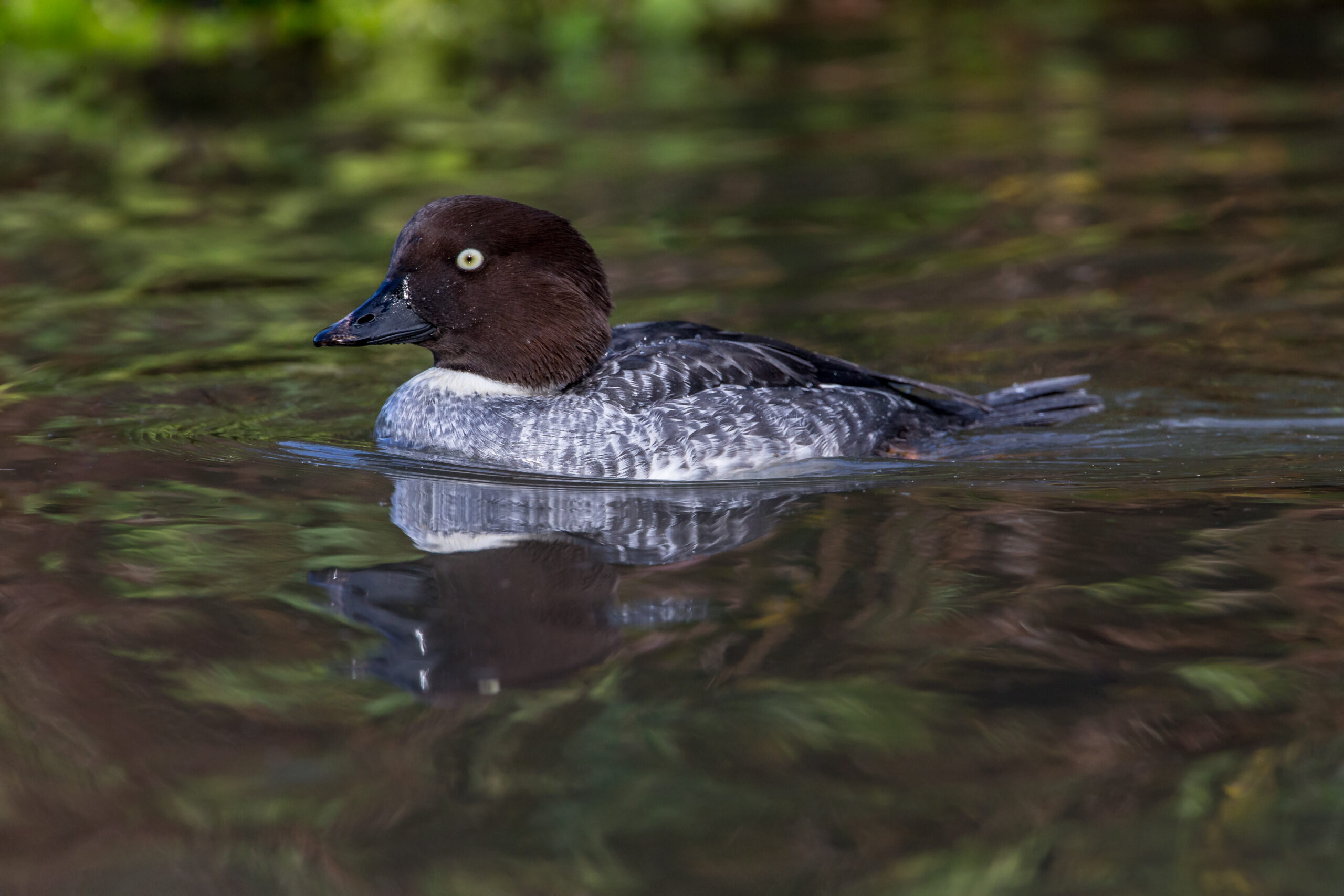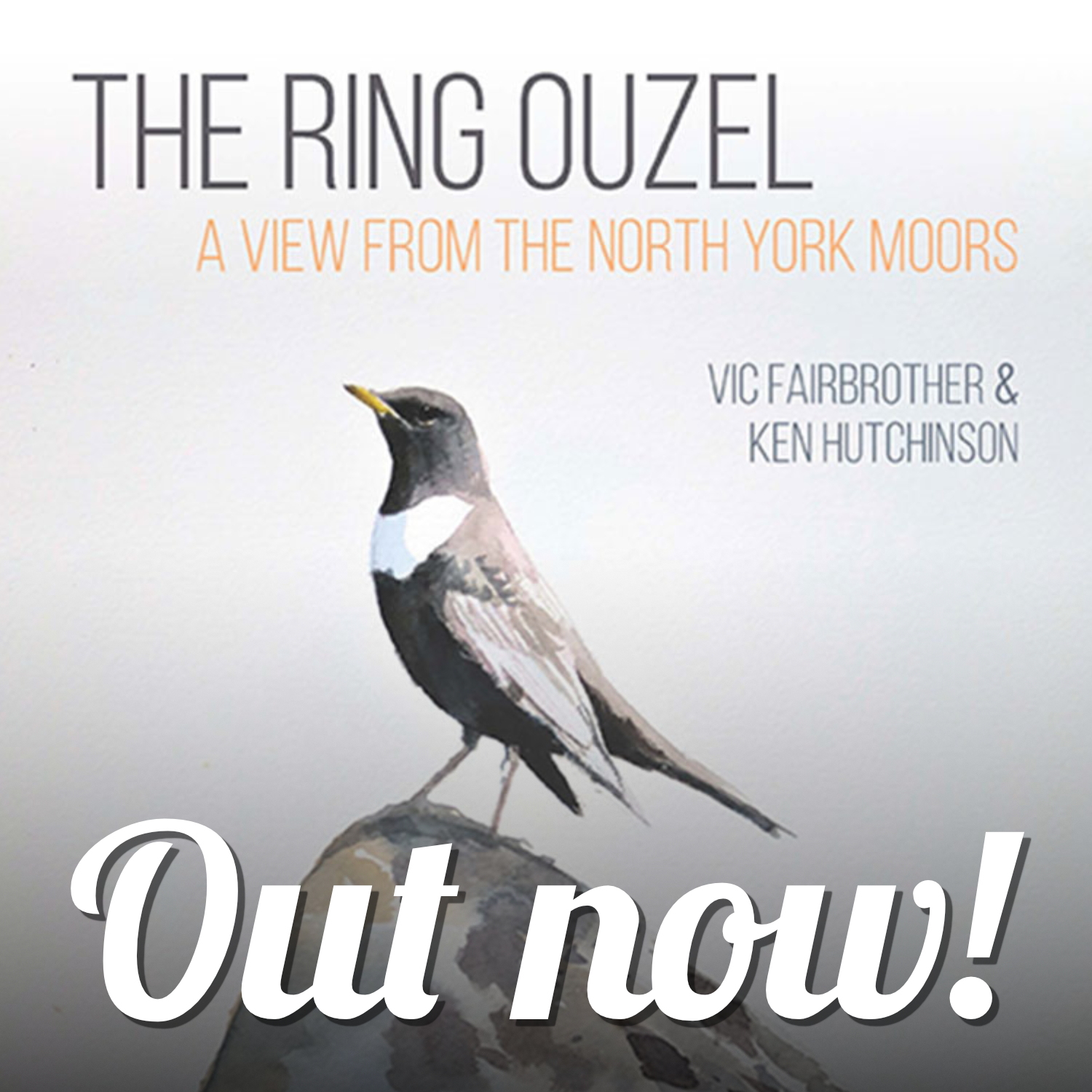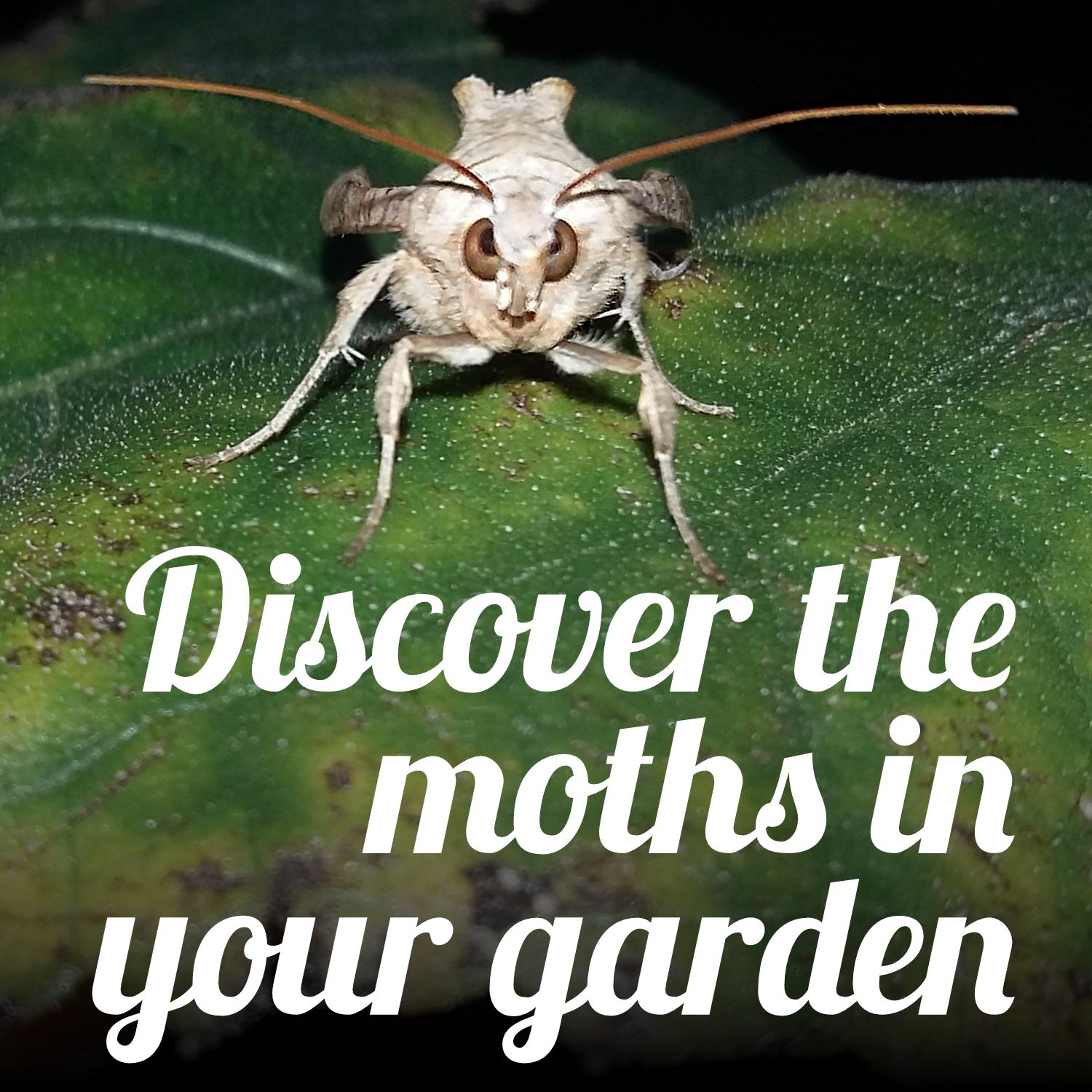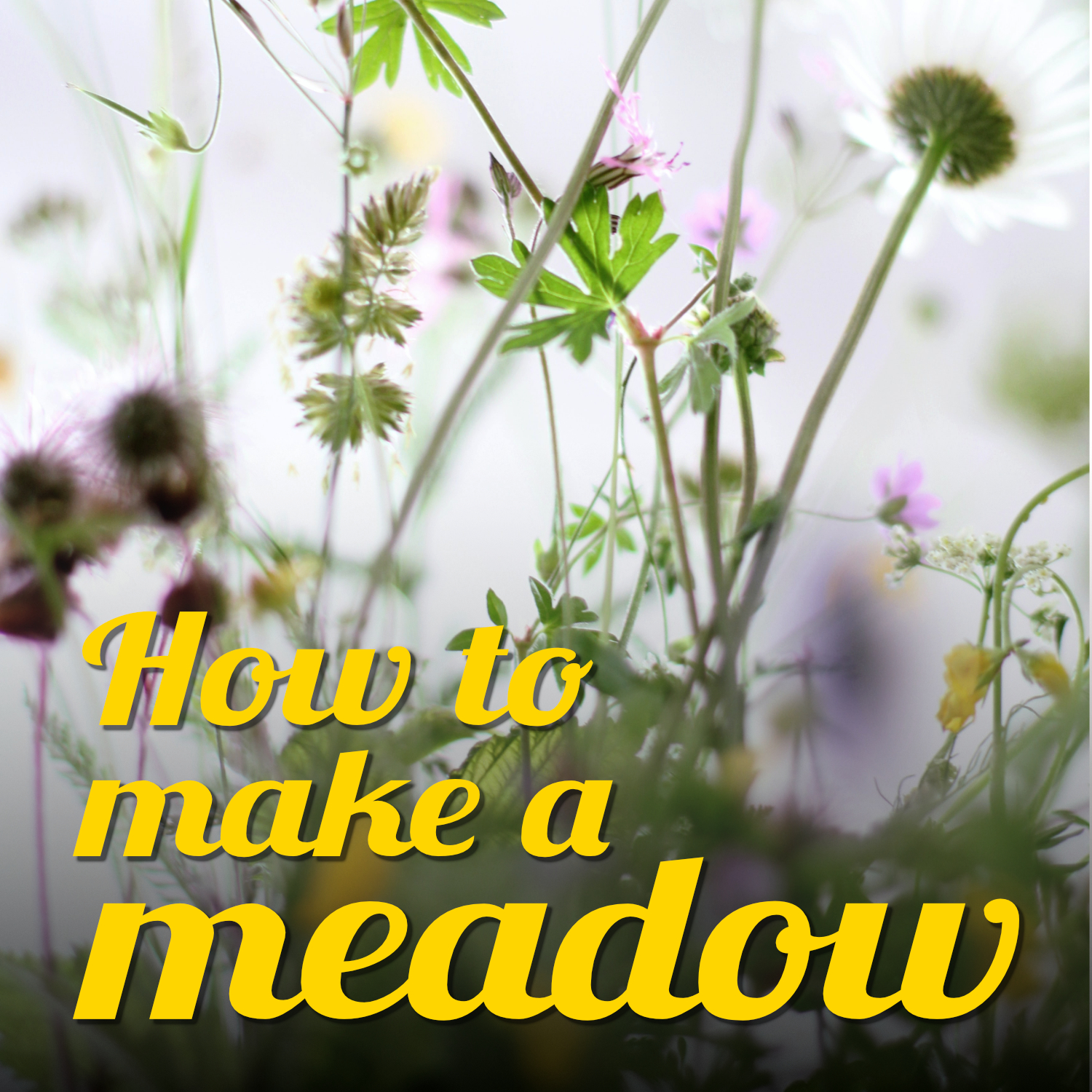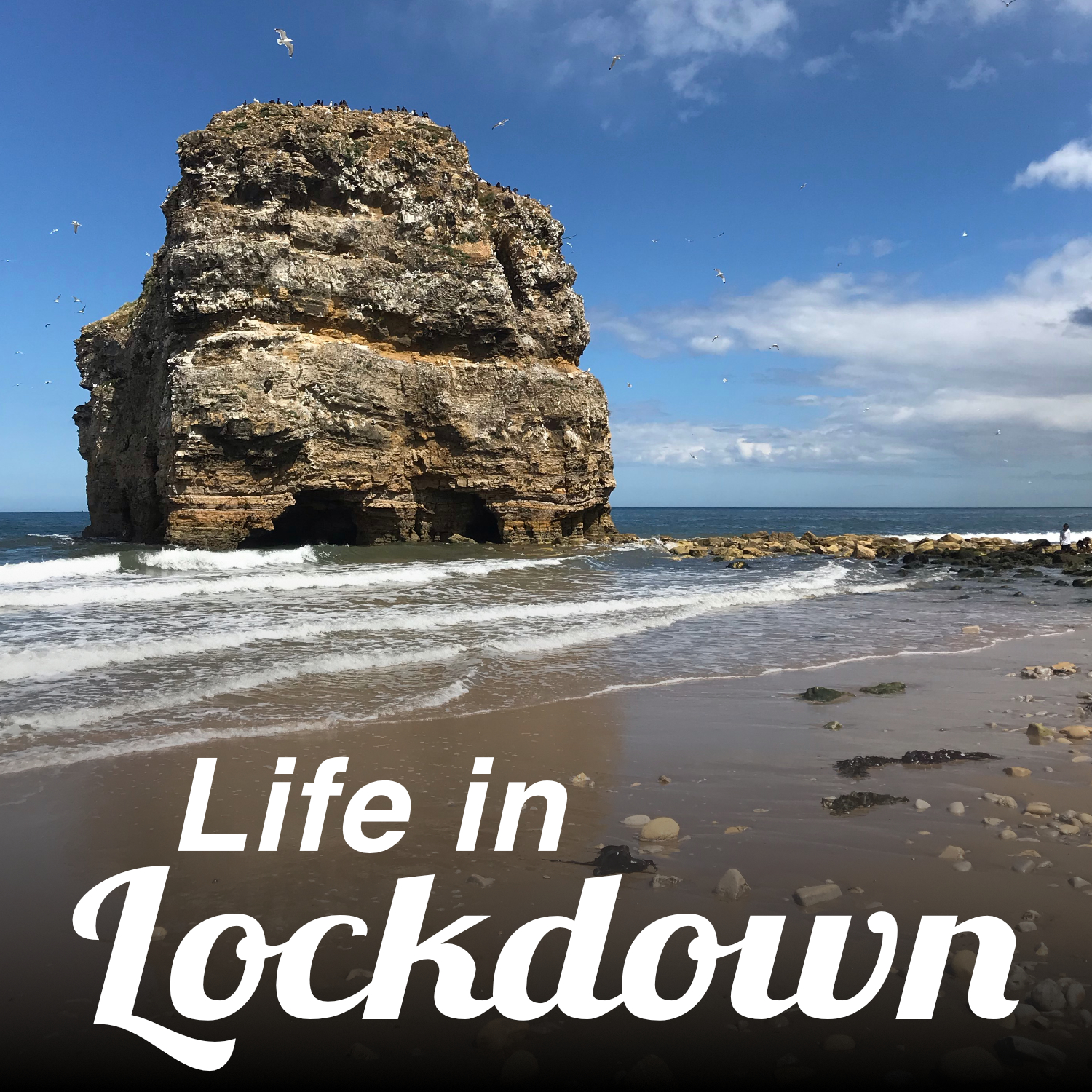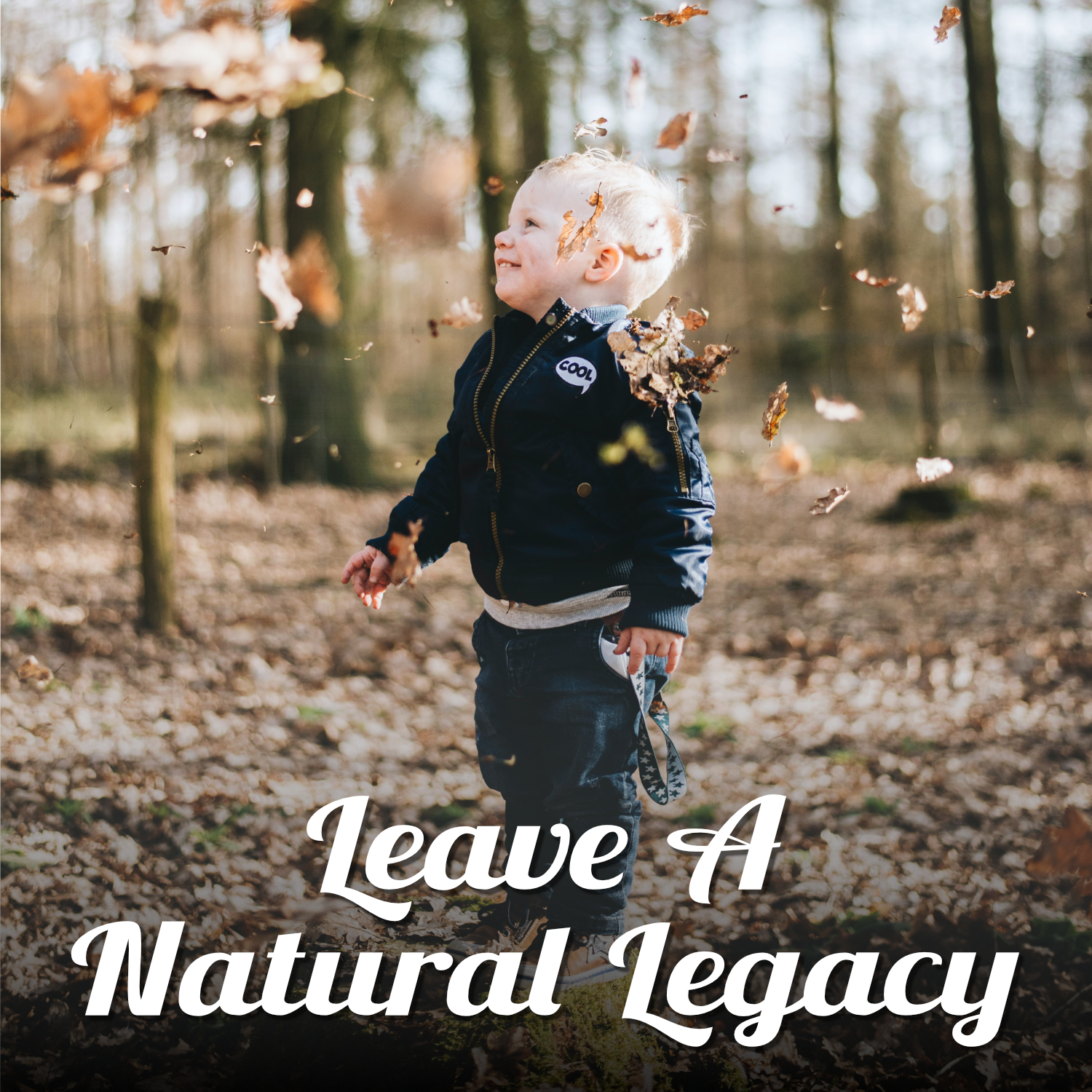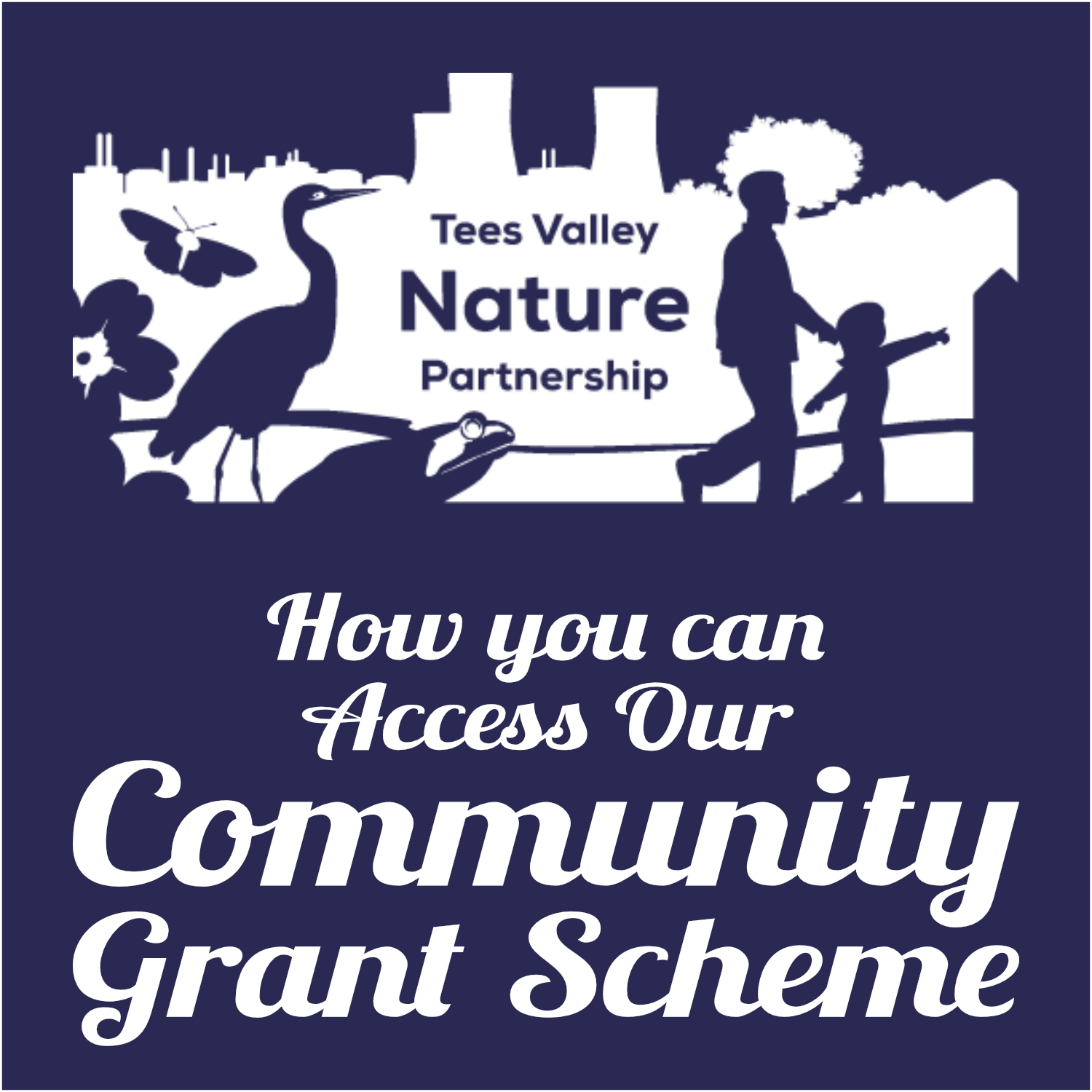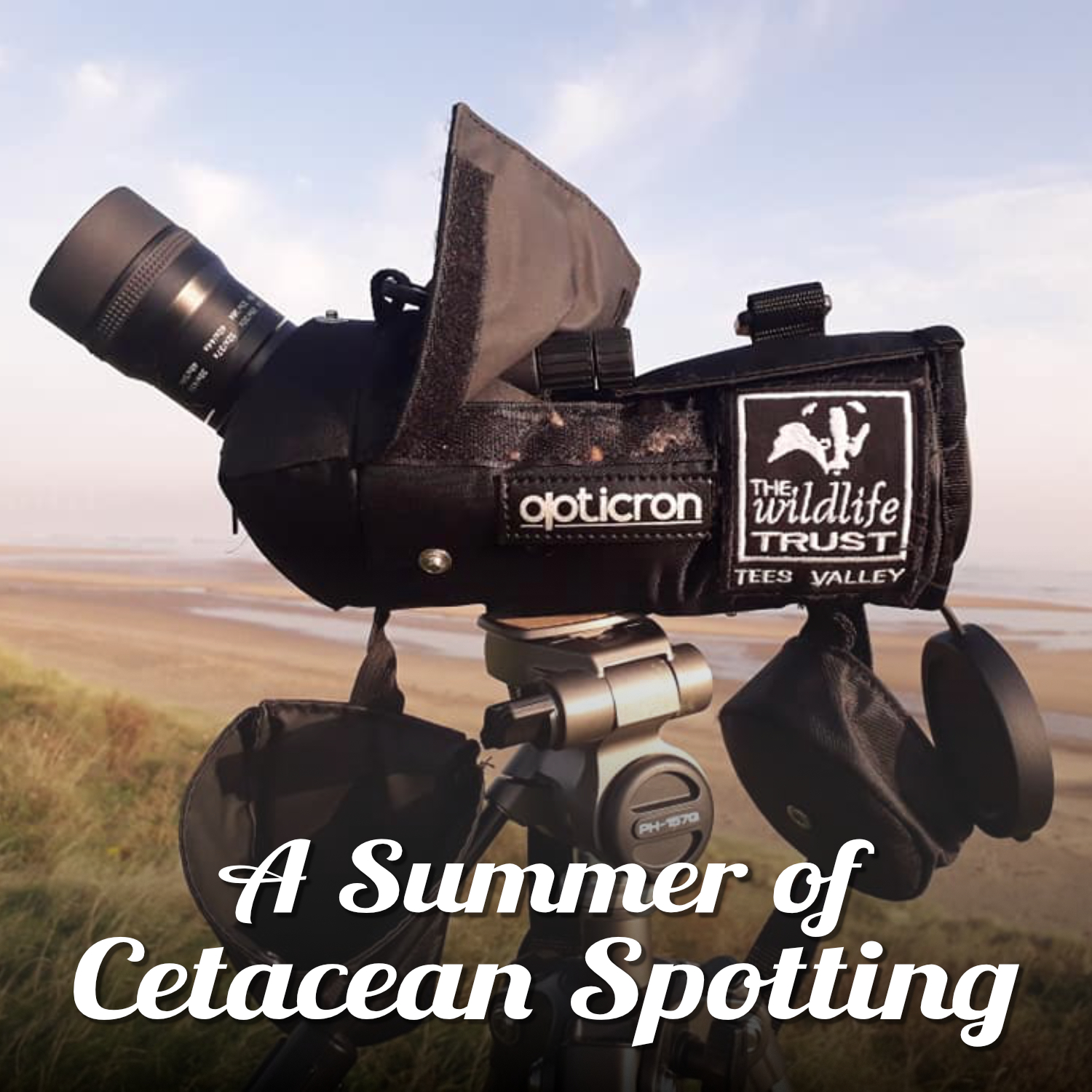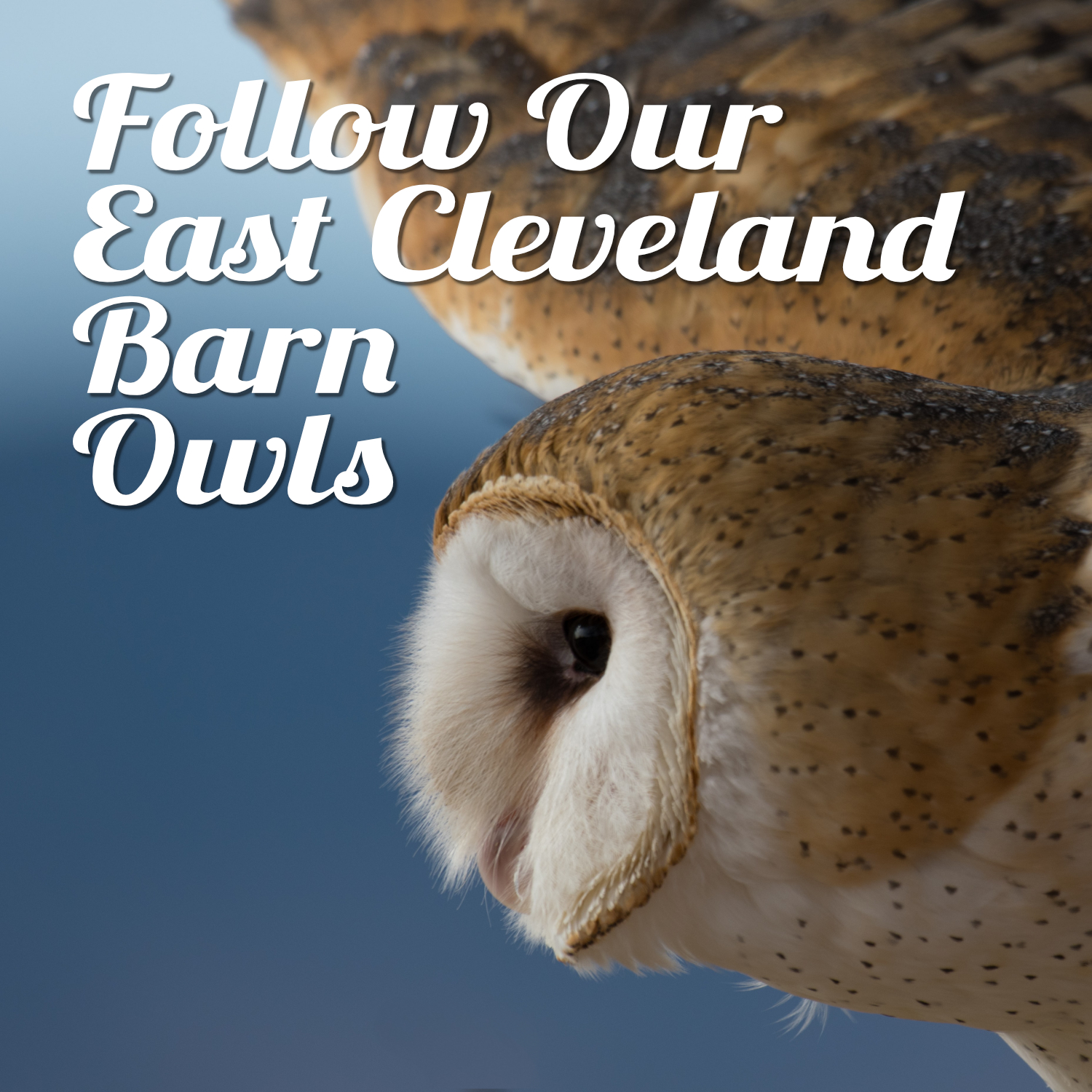What are diving ducks? Ducks can be split into two broad groups: dabblers and divers. Diving duck is a loose term that covers a wide range of ducks who feed mainly by diving under the water, whether it’s to chase fish, scoop up insects or graze on tasty aquatic plants. Some diving ducks prefer...
Ring Ouzel – a view from the North York Moors
Vic Fairbrother and Ken Hutchinson draw together their experiences in the field and studies of the ring ouzel, which occupies red-list conservation concern. ...
Marvellous Moths everywhere!
Kate Bartram, East Cleveland Heritage Officer, took this opportunity to explore her gardens' marvellous moths. There are more than you think!...
Brotton gains bird buddies
Feeding garden birds is a great way for people, especially those who are unable to get outdoors, to get a daily dose of nature. This is why we are piloting a Bird Buddies scheme in Brotton. This winter is especially challenging for our wellbeing, and feeding the birds is a small achievable caring action...
A Meadow Maker is what I’d like to Bee
Everyone can become a meadow maker – from a window box to a spare acre, no plot is too big or too small. Check out our helpful guide on where to start! Soil and sunlight The first question is what kind of soil you are working with? If it’s rich and fertile (or straight...
Life in Lockdown – Marsden Bay, South Shields
Elizabeth Raine, student of Marine Biology at Newcastle University, tells us about Marsden Bay and her experience of Life in Lockdown. ...
A Natural Legacy is a Gift for Everyone
We are working hard to bring our wildlife back for good. Including a natural legacy in your Will helps us protect and restore nature....
Community Green Screen
Mat Dove-Jone, our Life Skills Manager, hasn’t let Covid prevent him from reaching out to his volunteers via a 'community green screen' on his phone. ...
Community Grant Scheme – Apply Now!
Tees Valley nature Partnership is offering a Community Grant Scheme to help more people get back to nature and the outdoors....
Cetacean Surveys – Summer 2020
Wilder Coast Officer, Jacky Watson, has been involving people in the North Sea Cetacean Recording Project and conducting a summer of cetacean surveys....
Ambassadogs Roll of Honour
Ambassadogs is a campaign to reduce the disturbance to wading birds along our coastline by encouraging responsible dog ownership. ...
Barn Owls of East Cleveland
Barn owls are declining in number because of habitat loss, agricultural intensification and climate change. Kate Bartram, our East Cleveland Heritage Officer, has been spearheading a project to help reverse that decline. The East Cleveland Nest Box Project has been delivered with the help of landowners and volunteers. Local owl experts Colin and Chris...
